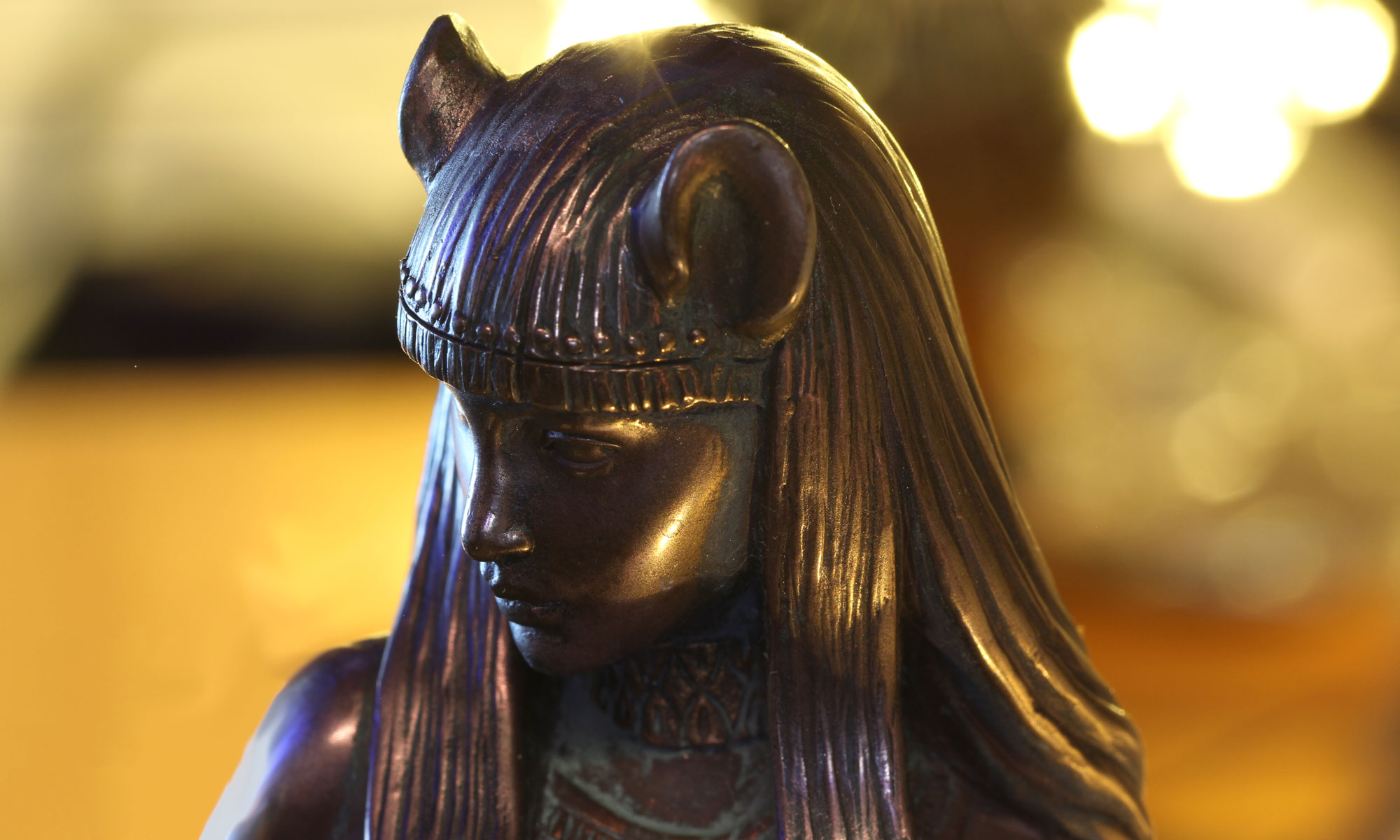Check our Blog for more conference details and other news!
Third National Conference
March 28-29, 2014
“Borderlands: Scholarship as Pilgrimage and Mystery”
2014 NATIONAL CONFERENCE SAN ANTONIO, TX
CONFERENCE REGISTRATION
Registration is now open for our Third National Conference, to be held on the River Walk in San Antonio, TX, on March 28-29, 2014. The conference title is Borderlands: Scholarship as Pilgrimage and Mystery.
Join us to address themes that reflect scholarship on the modern borderlands– between Mexico and the US, between myth and reality– and the rich Native American and Latina traditions of the Southwest.
Click here to register for the conference.
KEYNOTE PRESENTATIONS
We are delighted that our program for 2014 will feature keynote presentations by Dr. Jean Shinoda Bolen, Dr. Sylvia Marcos, and Laura Fragua-Cota.
HOTEL ROOM REGISTRATION
We have negotiated a special room rate ($109 plus taxes, single or double occupancy) at the conference site hotel, El Tropicano Riverwalk (applicable both to our conference and to the preceding day’s Matriarchal Studies Day).
To register for a hotel room click here. Or call 888.474.5701 and mention ASWM.
TOPICS AND THEMES
This conference will address these topics and themes:
Mesoamerican and Native American Mythologies, Genders and Myth, Animal Mysteries, La Virgen de Guadalupe, Place Wisdom, Methodology, Asian Goddesses and Traditions, Matriarchal Studies, and Archaeomythology.
Proposals have been accepted and the conference schedule is being finalized. Meanwhile the post that announced our call for proposals will give you more information about the nature of the 2014 Conference.
Matriarchal Studies Day
March 2014
FLASH: On Thursday, March 27, our conference will be preceded by a separately-sponsored Matriarchal Studies Day. This one-day event will be in the same location, and feature international speakers on historic and contemporary issues of non-patriarchal cultures.
About ASWM
The goal of ASWM is to support the work of those whose scholarly/creative endeavors explore or elucidate aspects of the sacred feminine, women and mythology.
You’ll find posts about all this and more on our News blog posts.
Our most recent event was our 2013 Regional Symposium in Minnesota.
Learn more about academic programs in women’s spirituality, and read our book and film reviews.
See About Us to read the mission statement and meet the board. If you’re so inspired, Join Now! We will soon have a member-only web site with many additional resources.
For the past decade, ASWM has been developing events related to scholarship and education. We have held regional symposia annually, and two national conferences. Check out our Past Events.
We honor outstanding scholarship in all its forms through our program of awards for the arts, literature, and dissertations.
We also present the Demeter Award for Leadership in Women’s Spirituality, on alternate years. Winners are Margot Adler and Charlene Spretnak.
We have a commitment to including artists in the dialogue—see our invitational Art Gallery of members’ works and the page called Myth in Living Rituals.
ASWM’s logo is based on a Bee Goddess plaque from Rhodes. Learn more about Bees and their symbols.




You must be logged in to post a comment.